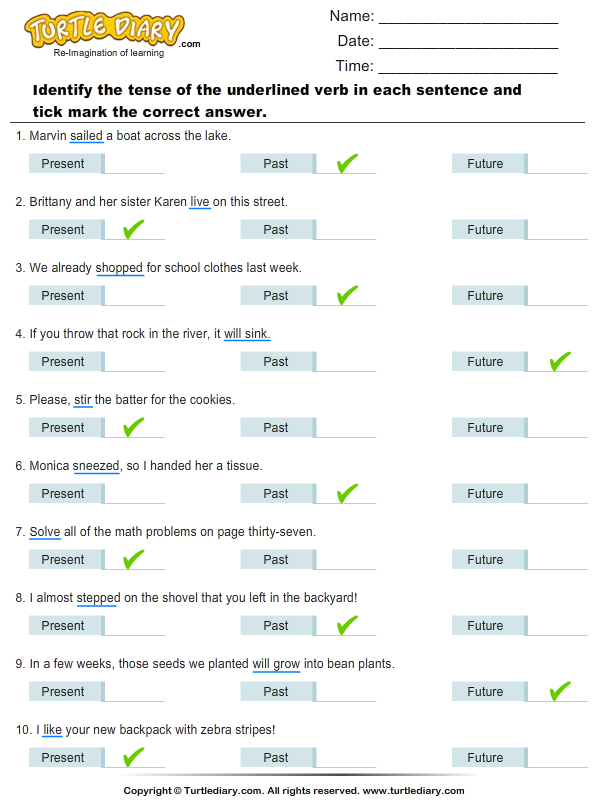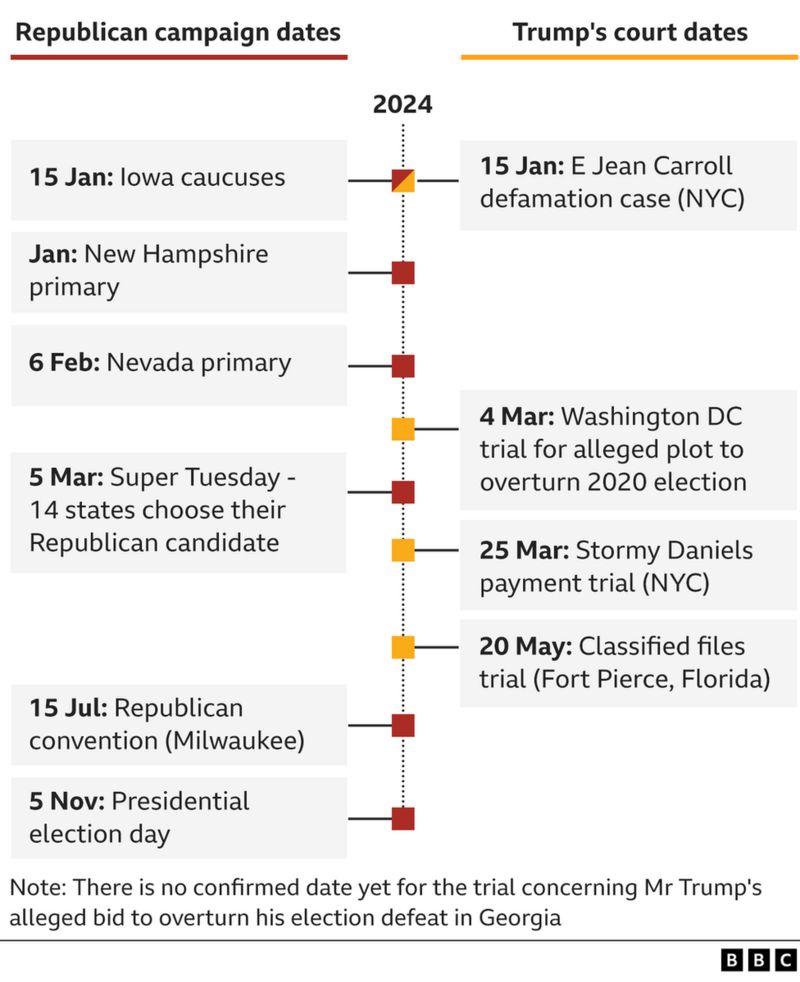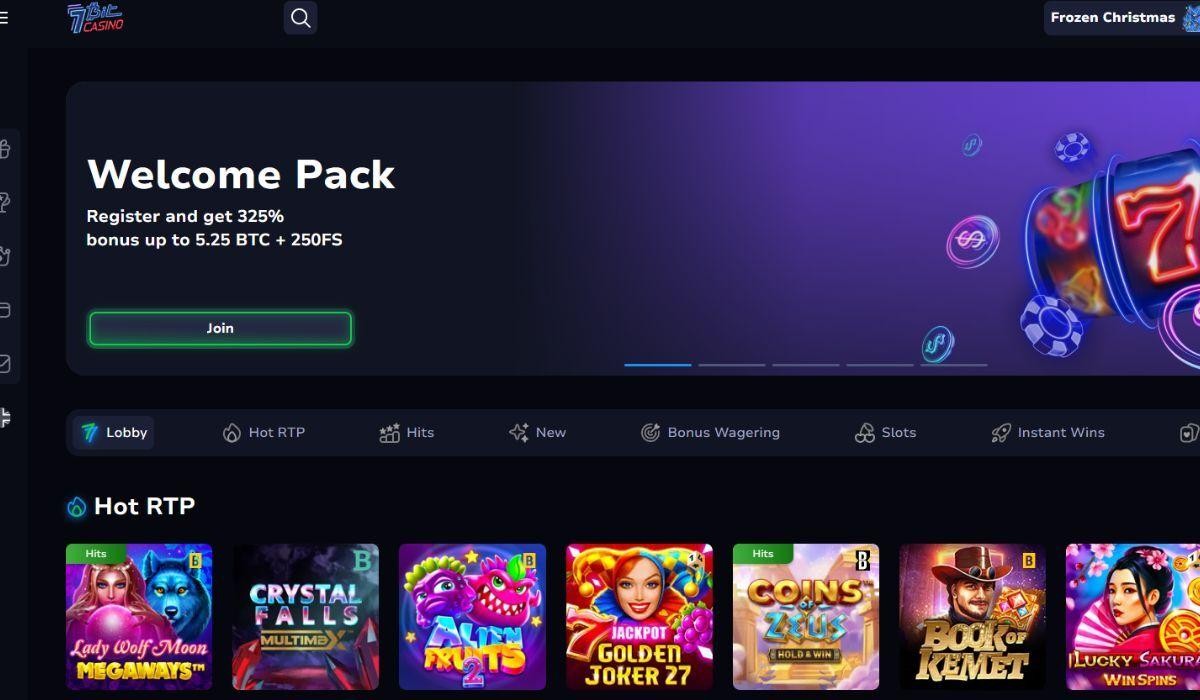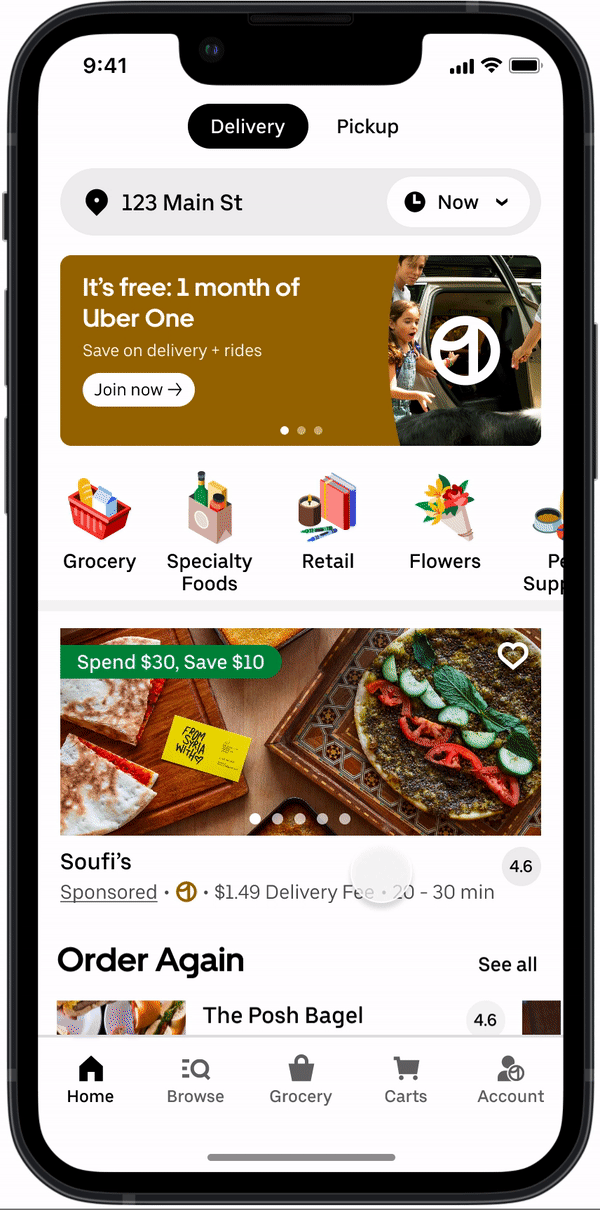Navigating Home Buying While Paying Off Student Loans

Table of Contents
Assessing Your Financial Situation
Before you even start browsing open houses, a thorough assessment of your financial situation is crucial. This involves understanding your debt, your income, and your ability to manage both student loan payments and the substantial costs of homeownership.
Understanding Your Debt-to-Income Ratio (DTI)
Your Debt-to-Income Ratio (DTI) is a critical factor lenders consider when pre-approving you for a mortgage. It represents the percentage of your gross monthly income that goes towards debt payments. A lower DTI generally improves your chances of mortgage approval and securing a favorable interest rate.
- Calculate your DTI: Add up all your monthly debt payments (student loans, credit cards, car payments, etc.) and divide by your gross monthly income.
- How lenders view DTI: Most lenders prefer a DTI below 43%, with some even aiming for below 36%. A higher DTI can make it harder to qualify for a mortgage or may limit your borrowing power.
- Strategies to improve DTI: Paying down high-interest debt, increasing your income, or finding a less expensive home can all help lower your DTI.
Analyzing Your Student Loan Repayment Plan
Your student loan repayment plan significantly impacts your budget and your ability to manage home buying with student loans. Understanding the terms and implications of your current plan is essential.
- Types of repayment plans: Standard repayment, graduated repayment, income-driven repayment (IDR) plans like ICR, PAYE, REPAYE, and income-contingent repayment (ICR). Each has different payment amounts and durations.
- Impact on your budget: Consider how much you pay monthly under your current plan and how this affects your ability to save for a down payment and cover ongoing homeownership expenses. An IDR plan might lower monthly payments but extend the repayment period, increasing the total interest paid.
- Exploring refinancing options: Refinancing your student loans could lower your monthly payments or shorten the repayment period, potentially improving your DTI. However, always compare interest rates and fees carefully before refinancing.
Building a Realistic Budget
Creating a detailed and realistic budget is paramount. This ensures you can comfortably manage both your student loan payments and the costs associated with homeownership.
- Tracking expenses: Use budgeting apps (Mint, YNAB, Personal Capital) or spreadsheets to monitor your spending habits and identify areas for potential savings.
- Identifying areas for savings: Look for opportunities to cut back on non-essential expenses to free up funds for your down payment and future mortgage payments.
- Comprehensive budget: Create a budget that incorporates your student loan payments, estimated mortgage payments (principal, interest, taxes, insurance – PITI), property taxes, homeowner's insurance, potential HOA fees, utilities, and other essential living expenses.
Exploring Mortgage Options
Once you've assessed your finances, it's time to explore different mortgage options. The type of mortgage you choose can significantly influence your monthly payments and overall home buying experience.
Types of Mortgages
Several mortgage types cater to different financial situations. Understanding their nuances is vital for those managing student loan debt.
- Conventional loans: These are offered by private lenders and typically require a higher credit score and a larger down payment (often 20%).
- FHA loans: Backed by the Federal Housing Administration, these loans often require a lower down payment (as low as 3.5%) and are more accessible to borrowers with lower credit scores. They are a popular choice for those with student loan debt.
- VA loans: Guaranteed by the Department of Veterans Affairs, these loans offer attractive terms for eligible veterans and active-duty military personnel. They often don't require a down payment.
- USDA loans: These loans are designed for rural homebuyers and often come with low down payment requirements and competitive interest rates.
Finding the Right Lender
Finding a lender who understands your unique financial situation is key.
- Shop around: Compare interest rates, fees, and closing costs from multiple lenders (banks, credit unions, online lenders).
- Mortgage broker: Consider using a mortgage broker who can help you compare offers from different lenders.
- Pre-approval: Getting pre-approved for a mortgage will give you a clear understanding of how much you can borrow and strengthen your offer when you find a home.
Down Payment Strategies
Saving for a down payment is a major hurdle for many, especially those with existing student loan debt.
- Aggressive saving: Prioritize saving aggressively by cutting expenses and directing extra income towards your down payment fund.
- Down payment assistance programs: Explore state and local down payment assistance programs that offer grants or low-interest loans to help cover your down payment.
- Gifts from family: If possible, consider asking for help from family members who are willing to contribute to your down payment. Make sure you understand the implications for gift taxes.
- Using home equity (if applicable): If you already own a home with equity, you might consider using it as a down payment for a new property. (Note: This carries risks and should be carefully evaluated.)
Strategies for Managing Student Loans and Homeownership
Successfully navigating home buying with student loans requires a strategic approach to managing both debts simultaneously.
Prioritizing Payments
Prioritizing payments is crucial for avoiding late payments and damaging your credit score.
- High-interest loans: Focus on paying down high-interest student loans first to minimize the overall interest paid.
- Extra income: Use any extra income or bonuses to accelerate your student loan payoff.
- Repayment schedule: Create a detailed repayment schedule to track your progress and stay motivated.
Negotiating with Lenders
Don't hesitate to negotiate with your student loan lenders.
- Repayment plans: Contact your lenders to discuss modifying your repayment plan, potentially lowering your monthly payments or extending the repayment period.
- Interest rates: Explore options for reducing your interest rates through refinancing or loan consolidation.
Maintaining a Strong Credit Score
A strong credit score is crucial for securing favorable mortgage terms.
- Regular credit monitoring: Regularly check your credit report for errors and inaccuracies.
- Pay bills on time: Consistent on-time payments significantly impact your credit score.
- Keep credit utilization low: Try to keep your credit card balances below 30% of your total credit limit.
- Impact on mortgage approval: A higher credit score can help you qualify for lower interest rates and better mortgage terms.
Conclusion
Successfully navigating home buying with student loans presents challenges, but it's definitely achievable with careful planning and execution. By diligently assessing your financial situation, exploring suitable mortgage options, and implementing smart debt management strategies, you can achieve your dream of homeownership. Remember to prioritize saving, explore all available assistance programs, and maintain a strong credit score throughout the process. Begin planning your home purchase strategically. Use the tips in this guide to successfully navigate home buying with student loans, and soon you'll be celebrating the keys to your new home! Don't delay your dream; start planning your financial strategy today!

Featured Posts
-
 Investing In The Future Identifying The Countrys Top Business Locations
May 17, 2025
Investing In The Future Identifying The Countrys Top Business Locations
May 17, 2025 -
 Jackbit Leading The Pack In Best Bitcoin Online Casinos For 2025
May 17, 2025
Jackbit Leading The Pack In Best Bitcoin Online Casinos For 2025
May 17, 2025 -
 Nba Analyst Perkins Advises Brunson Against Podcast
May 17, 2025
Nba Analyst Perkins Advises Brunson Against Podcast
May 17, 2025 -
 Superyacht Disaster Mast Failure Linked To Final Moments
May 17, 2025
Superyacht Disaster Mast Failure Linked To Final Moments
May 17, 2025 -
 Trumps Middle East Trip On May 15 2025 Implications For His Presidency
May 17, 2025
Trumps Middle East Trip On May 15 2025 Implications For His Presidency
May 17, 2025
Latest Posts
-
 Uber One Kenya Your Guide To Reduced Prices And Free Delivery
May 17, 2025
Uber One Kenya Your Guide To Reduced Prices And Free Delivery
May 17, 2025 -
 Choosing The Best Online Casino In Canada 2025 7 Bit Casino Compared
May 17, 2025
Choosing The Best Online Casino In Canada 2025 7 Bit Casino Compared
May 17, 2025 -
 Uber And Heads Up For Tails Partner To Offer Pet Friendly Rides In Delhi And Mumbai
May 17, 2025
Uber And Heads Up For Tails Partner To Offer Pet Friendly Rides In Delhi And Mumbai
May 17, 2025 -
 New In Kenya Uber One Membership Offers Discounts And Free Deliveries
May 17, 2025
New In Kenya Uber One Membership Offers Discounts And Free Deliveries
May 17, 2025 -
 Review Of 7 Bit Casino And Other Top Online Casinos In Canada 2025
May 17, 2025
Review Of 7 Bit Casino And Other Top Online Casinos In Canada 2025
May 17, 2025
